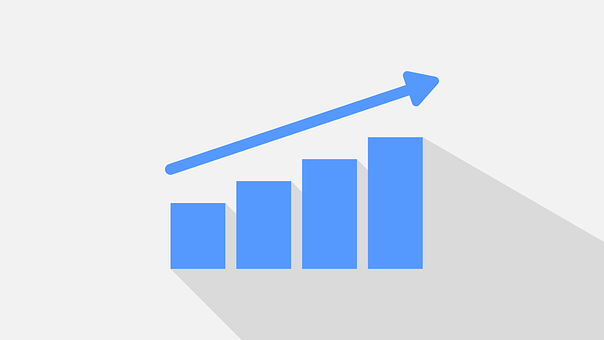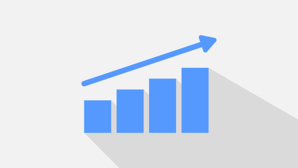IPO proceeds have increased up to “$39 billion” all over the world in the first “quarter of 2018”, whereby marking the highest numbers since 2014. The equity market’s strong foothold and the “robust economic growth” encouraged the companies to rush into it.
A total of “$186.7 billion” were raised in equity, which marked a 3.5% increment of the respective figures of last year, showed the data at “Thomson Reuters Equity Capital Markets”.
With the strong increment in the Americas and Europe, the global OPI proceeds soared up by 26% before touching bay at “$38.9 billion”. The Head of “Europe Middle East and Africa (EMEA) ECM syndicate at UBS”, Gareth McCartney said:
“CEO confidence is up, investor activity is up and valuations are attractive because of a strong secondary market. Corporates are taking advantage of that”.
There has been three times more growth in the “European IPO proceeds”, while Germany contributed to two “largest offerings”, which were the “long awaited listing of Siemens’s 28 billion euro ($35 billion) medical equipment arm Healthineers and Deutsche Bank’s 6.5 billion euro asset management arm”. Citi’s EMEA Capital Market’s Head, Philip Drury said:
“Pockets of Europe are increasingly attractive to investors, with German and French leadership secure”.
Following the “unusual” calm observed in the market in 2017, the year of 2018 took off with a “sell-off” for two months which gave rise to the “biggest ever” volatility in stock. Global trade escalated tension rapidly as the U.S. tariff threat on imported goods from China hovered around, while the markets “keenly felt” the jolt of the “major tech sector”. The rise in “market sensitivity”, as some bankers blame, was caused by the termination of “central bank bond buying programmes” which is looming in the horizon. While Drury added:
“Currently, there is more nervousness within market participants relative to this time last year. Having said that, issuers need to move forward into windows when available. Increased rhetoric from the U.S. has an impact on the global capital markets”.
Furthermore Reuters reported that:
“In Europe, a large rights issue to help Bayer fund its planned $66 billion takeover of Monsanto is anticipated”.
In McCartney’s words:
“The market rally that we’ve seen in the U.S. was incredibly narrow with a small number of companies creating a disproportionate amount of value. It’s a bit of profit taking and does not necessarily translate to a broader rotation out of technology”.
References:
reuters.com
A total of “$186.7 billion” were raised in equity, which marked a 3.5% increment of the respective figures of last year, showed the data at “Thomson Reuters Equity Capital Markets”.
With the strong increment in the Americas and Europe, the global OPI proceeds soared up by 26% before touching bay at “$38.9 billion”. The Head of “Europe Middle East and Africa (EMEA) ECM syndicate at UBS”, Gareth McCartney said:
“CEO confidence is up, investor activity is up and valuations are attractive because of a strong secondary market. Corporates are taking advantage of that”.
There has been three times more growth in the “European IPO proceeds”, while Germany contributed to two “largest offerings”, which were the “long awaited listing of Siemens’s 28 billion euro ($35 billion) medical equipment arm Healthineers and Deutsche Bank’s 6.5 billion euro asset management arm”. Citi’s EMEA Capital Market’s Head, Philip Drury said:
“Pockets of Europe are increasingly attractive to investors, with German and French leadership secure”.
Following the “unusual” calm observed in the market in 2017, the year of 2018 took off with a “sell-off” for two months which gave rise to the “biggest ever” volatility in stock. Global trade escalated tension rapidly as the U.S. tariff threat on imported goods from China hovered around, while the markets “keenly felt” the jolt of the “major tech sector”. The rise in “market sensitivity”, as some bankers blame, was caused by the termination of “central bank bond buying programmes” which is looming in the horizon. While Drury added:
“Currently, there is more nervousness within market participants relative to this time last year. Having said that, issuers need to move forward into windows when available. Increased rhetoric from the U.S. has an impact on the global capital markets”.
Furthermore Reuters reported that:
“In Europe, a large rights issue to help Bayer fund its planned $66 billion takeover of Monsanto is anticipated”.
In McCartney’s words:
“The market rally that we’ve seen in the U.S. was incredibly narrow with a small number of companies creating a disproportionate amount of value. It’s a bit of profit taking and does not necessarily translate to a broader rotation out of technology”.
References:
reuters.com






